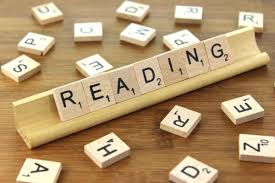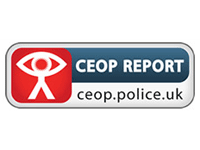
As a school we have worked hard to improve the literacy of all students. Some students just don’t read as much or as widely as they should, especially with the social media distractions available to them. The English Faculty have introduced a range of new strategies to help students engage with reading this term. Once a week you’ll see KS 3 students setting off for our local Library at Thornborough Hall. This, for some, is the first opportunity they have had to access our community library and get into good reading habits. Students have welcomed the move and are enjoying the experience . We are very grateful for the support of the library staff.
Secondly we have 10 Yr 9 boys who have volunteered to be ‘Transformers’ in reading. Again, once a week Miss Hancock can be seen shepherding our students to Leyburn primary school, where the boys act as reading mentors for the younger primary students. The feedback from all parties has been tremendous.
Reading is a skill and needs to be nurtured. Wittgenstein said “The limits of my language mean the limits of my world.” This advice might be useful for all of us to improve our reading skills.
Taken from Akansas Community College presentation
If language creates our understanding of the world……
• Probably the one activity that will most improve your vocabulary is reading.
• One important skill you need to develop is figuring out the meaning of words you do not know from the context of the reading itself
Make your book work for you!
Textbook Aids and Specialized Vocabulary
• Textbooks usually explain specialized vocabulary (words that relate to a specific academic discipline) when it is introduced.
They may contain the following aids:
– Boldfaced print that emphasizes words when they first appear
– Definitions in the margins of the reading itself
– “Key words and concepts” sections at the end of the chapter
– Vocabulary questions in the chapter reviews
– Glossaries at the end of the chapter and/or at the end of the
book


